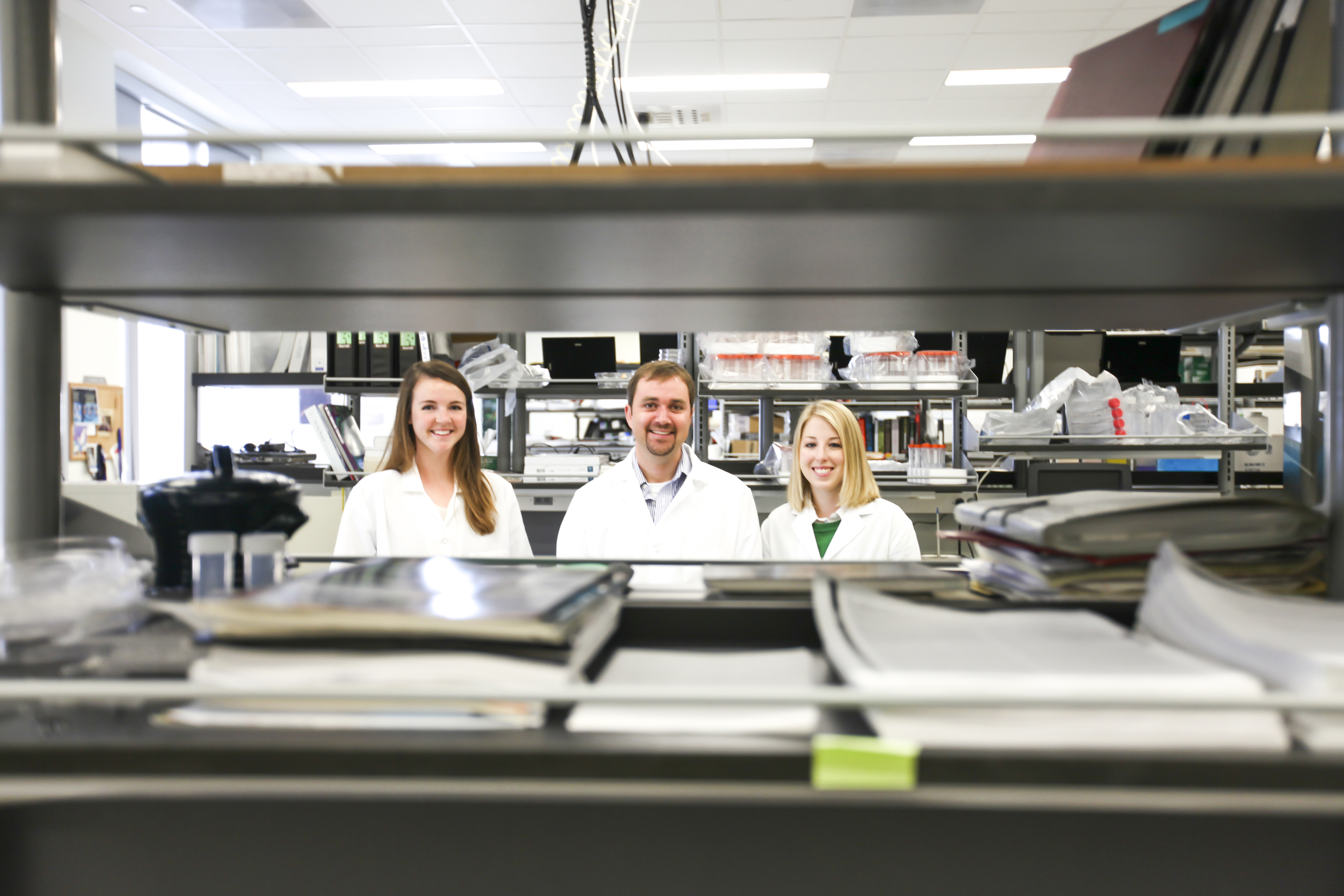Advances in 'tumor engineering' lead to grant to improve drug therapy

Certain malignant tumors have illustrated an ability to evolve in such a way that they are able to resist therapy in relatively fast time frames.
But if researchers are able to better understand the responses of experimental tumor tissues to chemotherapy drugs, they may be able to identify the key interactions that may hinder a drug's response, said Scott Verbridge, assistant professor of biomedical engineering and mechanics in the Virginia Tech -- Wake Forest University School of Biomedical Engineering and Sciences.
From a medical standpoint, advances in tissue engineering that allow models in a laboratory to closely mimic cells in patients is now leading to "tumor engineering", explained Verbridge.
In the past few years, scientists have developed better ways to stimulate tumor cells in a lab to mature into three-dimensional tissues that mimic human tumors. These tumor models allow researchers to track the cells' interactions with surrounding tissue and track the effectiveness of drug therapies.
"We are now able to dissect key microenvironment interactions that may hinder drug response," he said. "The hope is to now provide patients with insights that will lead to more effective chemotherapy procedures based on an understanding of how highly malignant tumors essentially outsmart our traditional therapies."
Verbridge's work in this area has led to the National Institutes of Health awarding him $406,000 to further investigate the emergence of chemoresistance in engineered tumors. He will focus on engineering models of brain tumor tissue that have exhibited the most highly malignant and chemoresistant brain tumor -- known as glioblastoma.
Verbridge will collaborate with Chang Lu, associate professor of chemical engineering at Virginia Tech and with Waldemar Debinski, director of the Brain Tumor Center of Excellence at the Wake Forest Comprehensive Cancer Center.
Lu is known for making significant contributions to the practice of cellular manipulation and analysis. His research group at Virginia Tech has demonstrated a variety of new technologies ranging from electroporation for gene delivery to analysis of single cells.
Lu is the developer of a new type of procedure that examines protein binding to DNA sites that can lead to cancer. He is working on studying tumor-initiating cells, monitoring their dynamics at the molecular level to see how the tumors cells multiply, possibly leading to the spread of cancer.
Verbridge and Lu work with Virginia Tech's Institute for Critical Technology and Applied Science. The NIH funding will support two doctoral candidates, Megan Cox, of Newport, Virginia, and Brittany Balhouse of Blacksburg, Virginia.




